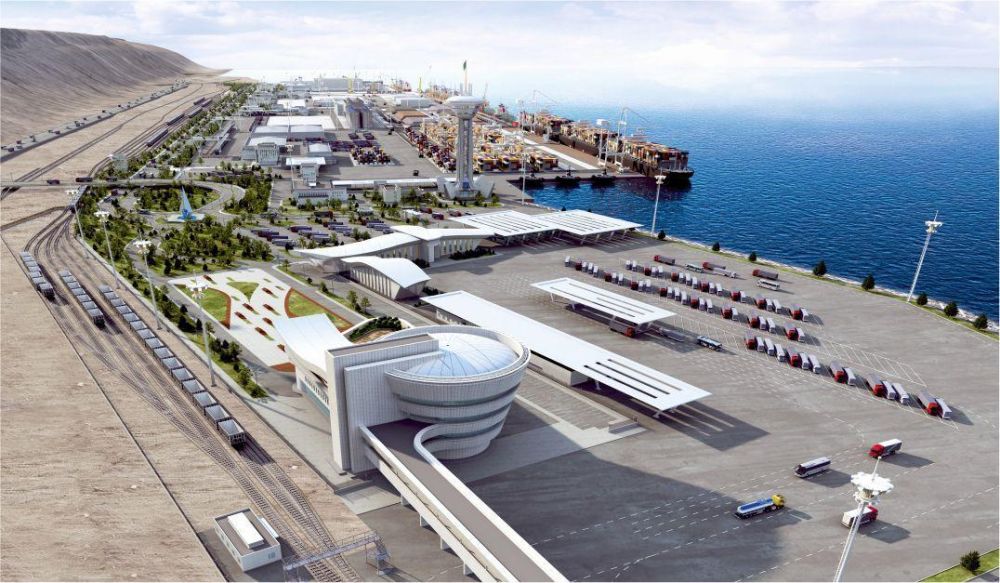

Tourism in Turkmenbashi and the surrounding region of Turkmenistan is relatively young compared to other global destinations. Historically, Turkmenistan was a part of the Soviet Union, and the area only opened up to international tourism following the country's independence in 1991.
The city of Turkmenbashi, formerly known as Krasnovodsk, is situated on the eastern shore of the Caspian Sea. Its port has been significant since the 19th century for fishing and trade, but it wasn't until post-independence that concerted efforts were made to develop this region as a tourist destination.
In recent years, the Turkmenistan government has invested heavily in the infrastructure of Turkmenbashi. The aim was to transform it into a significant transit and tourist hub. The creation of the new International Seaport of Turkmenbashi, which was opened in 2018, is an essential part of this plan. With state-of-the-art facilities, this port is designed to serve both cargo and passenger needs, this integration of capabilities is part of the recent tourism trends emphasizing multipurpose destinations.
Additionally, Turkmenbashi is a gateway to the enchanting landscapes of the Balkan region of Turkmenistan. The city itself features a number of resorts and hotels aimed at promoting international and domestic tourism. Beyond the port, the Awaza tourist zone, with its luxurious hotels and health resorts along the Caspian coast, is being developed to attract tourists seeking wellness and leisure activities.
One of the latest trends in Turkmenbashi's tourism includes creating an environment conducive to eco-tourism and adventure tourism. The nearby nature reserves and the unique Caspian Sea ecosystem provide opportunities for this sector to grow. Efforts are being made to combine the region's natural beauty with cultural experiences, reflecting a broader trend in the global tourism industry towards immersive and responsible travel.
Although visitor numbers are not as high as in more established tourist destinations, Turkmenbashi's exotic appeal and growing facilities contribute to its potential as an emerging tourism spot. Its role in the ancient Silk Road also adds historical and cultural value that appeals to history enthusiasts and cultural tourists.
In terms of accessibility, Turkmenistan's strict visa policy has been seen as a barrier to tourism growth in the past. However, the government has shown some signs of easing these restrictions, which should positively impact tourist numbers to Turkmenbashi in the future.
Moving forward, tourism in Turkmenbashi, Turkmenistan is set to evolve with increased marketing efforts and further development of tourism infrastructure. With a focus on sustainability and cultural sensitivity, Turkmenbashi port can expect to carve out a unique place in the tourism sector on the Caspian Sea and within Central Asia.